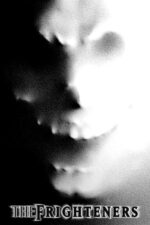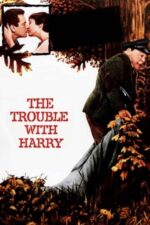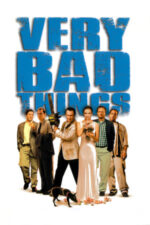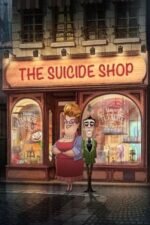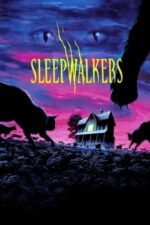Laughing in the Face of It All: Exploring the Delicious Darkness of Black Humor
Isn’t there something uniquely satisfying about finding humor in places you shouldn’t? That uncomfortable chuckle that bubbles up when confronted with a situation steeped in tragedy or absurdity? That, my friends, is black humor – and it's been keeping us entertained (and maybe slightly horrified) for decades. It’s not just about being edgy; it’s a sophisticated way of grappling with the big, messy realities of life: death, suffering, injustice… you name it.
Think about it. Comedy often serves as a pressure release valve. We laugh to cope. But black humor takes that coping mechanism and cranks it up a notch. It's a defiant act – a refusal to be crushed by the weight of existence. It’s a way of saying, "Okay, this is awful, but let's look at it from a ridiculous angle."
Take Kill Me Please, for example. The premise alone - a doctor designing an “ideal suicide” facility with champagne? It’s inherently unsettling. Yet, the film finds moments of genuine absurdity in its exploration of mortality and the commodification of death. It's not about glorifying suicide; it's about skewering our societal anxieties around it through dark satire. That’s a hallmark of black humor – using laughter to dissect uncomfortable truths.
Then there's The Magic Christian. Sir Guy Grand’s elaborate scheme, designed to expose the hypocrisy and gullibility of high society, is hilarious precisely because it highlights how easily people can be manipulated by wealth and spectacle. It’s a cynical view of humanity, certainly, but delivered with such playful absurdity that you can’t help but grin. It reminds me a little of Monty Python – that ability to find the ridiculous in the mundane, to expose the cracks in our carefully constructed social facades.
Even something like The Octopus, while ostensibly a mystery, utilizes black humor brilliantly through Gabriel's character and the quirky situations he finds himself in. The contrast between the picturesque Loire Valley setting and the increasingly bizarre events unfolding creates a wonderfully unsettling comedic tone. It’s that juxtaposition of beauty and darkness that often defines the genre.
And let's not forget Mafia Is Not What It Used to Be. While dealing with serious themes of organized crime and remembrance, it delivers sharp satirical commentary on those who exploit tragedy for personal gain – a darkly humorous observation about human nature.
Black humor isn’t always easy; it can be challenging, even offensive if mishandled. But when done right—when it's rooted in genuine insight and delivered with a deft touch—it offers a unique perspective on the world, reminding us that sometimes, the best way to face the darkness is with a wry smile and a knowing chuckle. It’s a reminder that laughter can be found even in the most unexpected places, offering a strange sort of comfort in a chaotic world.
What films have you found particularly effective at using black humor? I'd love to hear your thoughts!

























